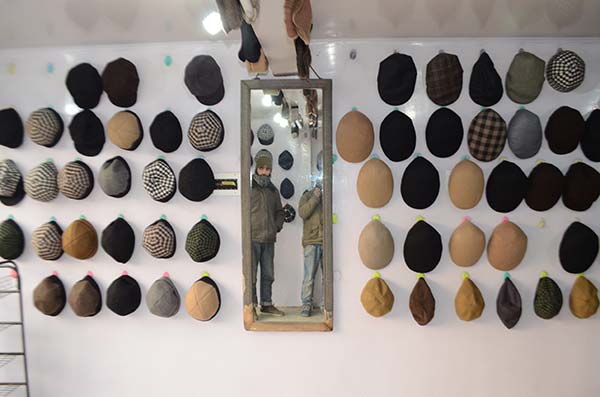
We at Kashmir Chamber of Commerce and Industry (KCCI) believe that combining a Free Economic Zone and International Financial Centre trans-LoC trade will fetch a CBM. By restoring its trade links with Pakistan, China, Russia, Central Asian Countries, Iran and Afghanistan, Kashmir can be compensated for a bit of losses it suffered since 1947. For the first time after signing of Treaty of Amritsar, Kashmir can reap the benefits of being at the strategic crossroads in the region.
SAARC countries could help in achieving this dream. Even the extended Shanghai Group can be approached for this. It will convert Kashmir into a trading centre akin to Singapore and Dubai.
For this to happen, the governments in Pakistan and India must allow trade without linking it to ‘place of origin’ and allow free access to both their national markets without any restrictions for the goods traded in Kashmir.
KCCI supported trans-LoC trade with this vision in mind that in the future this sort of model will come into being and take us out from the economic deprivation of over 150 years.
Other area of cooperation could be the water resources of the erstwhile state of Kashmir, now comprising J&K and PaK. For this divided entity, water is as good as oil. For all these years, the benefit of the water resource has not come to Kashmir although it originates from the valley. It is irony that under Indus Water Treaty, it is the India and Pakistan mainland that is harvesting our water resources. Green revolution in Punjab has happened at the cost of Kashmir. Pakistan built the Tarbila and Mangla dams on the water resources that actually Kashmir owns.
There is a tremendous potential for jointly managing these water resources of ours for not only agriculture but also mainly for power generation. This resource can be tapped if international institutions like Asian Development Bank, World Bank come forward. Various major companies are ready to invest in these projects provided the governments of Pakistan and India have an institutionalized system by which water will become a combined resource and power generated can be sold to either other parts of India or other parts of Pakistan with revenue being shared based on internationally recognized agreements.
Trans-LoC trade that is operational since 2008 is facing various problems. Standing Operational Procedures (SOP) are a hindrance for trade but at the same time custom procedures cannot be ignored. Drivers, for instance, are required to be present at TFC one day in advance so that their credentials are verified. This is unfair in trade. So a novel mechanism needs to be evolved that suits both the sides.
Barter can not be followed for ever. It has its own problems. So proper banking facilities have to be provided and some mechanism has to be devised for currency conversion. J&K bank has offered its services that could be opted for the purpose. An agreement has to be made where by the currencies of both the countries can be accepted for the purpose of trade. There is dire need to improve and upgrade the existing infrastructure.
Authorities have repeatedly imposed restrictions and permitted only up to 25 loaded trucks on stipulated days twice a week. In order to promote trans-LoC trade all restrictions be removed so that it becomes a daily affair. Though the trade is taking place for over 10 months, authorities are yet to permit the business community from the two sides to interact. The government should have issued special travel passes for initial couple of years on the recommendation of the Federation of Jammu and Kashmir Chamber of Commerce and Industry (that KCCI and Azad J&K Chamber of Commerce set up last year). There are many items that could be included in the list but the officials have already started reducing the approved numbers.
It is high time to permit trade in services especially in the areas of education, health services and tourism. Religious tourism can be a very fruitful proposition in this regard. Shrines like Baba Ghulam Shah Badshah, Charar-e-Sharif and Hazratbal are some of the shrines where people from across are keen to visit.
Two governments must agree upon the origin rule as being defined in the PTAs of GATT i.e. they should clearly define what percentage of product either manufactured or assembled can be termed as local.
And finally uncertainty in trade operations translates very quickly into unwarranted transaction costs in the form of warehousing and demurrage expenses, transport and insurance fees and financing charges. Such problems can quickly become a strong disincentive for small businesses that lack the necessary logistic support to deal with such constrains. Non-discretionary and uniform administration of applicable requirements allows traders to know what to expect in their everyday dealings. Consistent application of the rules guarantees efficiency and integrity in the administration.















